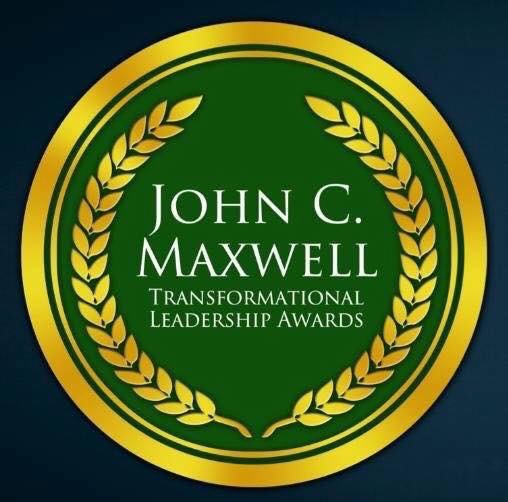Which type are you?
One of the fascinating things about working with Strengths Assessments is that, in the realm of four types of characteristic strengths, there are also combinations of those four in varying degrees that unlock the key to who a person truly is at the core.
In other words, who you are at the core has a name.
Here are just a few.
- Advisor
- Advocate
- Attainer
- Challenger
- Contemplator
- Designer
- Establisher
- Governor
- Inquirer
- Motivator
- Peacemaker
- Persuader
- Precisionist
- Technician
Why is it important to know your strengths?
No matter who you are or what you do, it is important to know your strengths. There are two main reasons for this:
1. You do your best work in your strengths zone.
When you operate from your core strengths, your work is almost effortless. It may not even feel like work, and it will energize you. You will also work more efficiently, getting more done in less time. You will welcome challenges that are in your strengths zone but beyond your comfort zone, and you will rise to meet the expectations.
2. You will struggle if you try to work outside your strengths zone.
When you step outside your strengths zone, you will know it. It will de-energize you. You will feel stress, lack of motivation, and apathy. You may push through because you have strong character, but it will take longer, feel like quicksand, and wear you out mentally, physically, and emotionally. Challenges that are outside your strengths zone and beyond your comfort zone are well-nigh impossible to overcome.
Therefore, it is important to know and work in your strengths at least 70% of the time. Ignore this formula to your peril. Working outside your strengths zone over a long-term period can result in actual physical illness and certainly affects the company’s health as well.
Do you have to change your line of work?
There are cases where this is necessary for the sake of company results and, frankly, self-preservation.
If you have a client, for example, who insists that you work in a way that is not aligned with your strengths – and that cannot be adapted – your best recourse, for their sake and yours, is to acknowledge that you are not the best fit for each other and move on.
In many cases, though, you may not need to change jobs or drop a client; you may be able to solve the problem by bringing your strengths more into the work.
For example, sales.
Many people think that only outgoing, “people” people can succeed in sales. If you own or lead a business, you know that, no matter who you are, you must be able to sell your product or service. Otherwise, you’re out of business.
You may be inclined to think, “I’m not a sales person,” and give up, when, in fact, you could be a great sales person simply by applying your strengths.
Sales is persuasion. It is communication. It is connecting with someone, and filling a need.
If your type is “Persuader,” lean into those strengths. Sales will come easily for you because, frankly, people have a hard time saying, “No,” to a Persuader.
If you are a Contemplator, you are an introvert, a deep thinker. You are likely thinking you are the least qualified to sell and therefore could not possibly succeed in a business environment that is dependent on sales for its existence. In reality, some of the strongest businesses today are led by introverts, whose contemplative strengths have helped them consider a problem, develop an ingenious solution of high quality, and create a compelling argument for why it is needed. Your avenue of sales is not in persuasion, but in logic.
If you are an Advocate or Peacemaker, your best sales perspective is serving a need. While you would never say, “Buy this today,” you could say, “How can we help you?” or “Here’s what I see is needed. Let us know if we can be of help to you.” Though a less aggressive approach to sales, it can also be highly effective.
Consider a leadership position.
We normally identify Challengers and Attainers, for example, as ready leaders. And we assume people like Peacemakers or Designers would be natural followers instead.
While it is true that Challengers and Attainers enjoy leading the charge, leadership is not exclusive.
In fact, Peacemakers and Designers who are operating in their strengths can lead quite effectively in businesses like coaching, counseling, interior design, architecture, organization, and operations.
What creates a leader is not a certain type but the application of one’s strengths to the highest level. All types must learn specific leadership skills, even those who are considered “natural leaders.”
Which type is best for business?
The answer is ALL of them. In fact, the value of diversified strengths is exponential in an organization. You need the aggressive drivers, but you also need those who are people focused, detail focused, and quality focused. The combination is a natural safety mechanism for the two-part growth and security facets that are necessary to business. The drivers will ensure growth and innovation, while the detailers ensure quality and protection.
All in all, it is a fascinating study of how bringing the right strengths together creates a strong team of leaders at all levels. Strengths mapping across an organization can identify gaps which could be affecting growth or security, and ultimately results.
A company that runs well has a team that runs on strengths.
———
To learn more about your individual or team strengths and how you can use them to generate greater results in your organization, contact Deb Ingino.
As the CEO of Strength Leader Development, Deb Ingino is a highly sought-after international executive mentor, coach, trainer and speaker. Deb is well versed in global business operations and helps business leaders and their teams to discover and leverage their strengths, so they can create highly collaborative teams that deliver great results. With a refreshingly direct style, Deb helps leaders and their teams to deliver profitable results. Connect with Deb to learn more about her mentorship and coaching programs to equip you with advanced strategies to elevate your results.
Do you know a leader making a difference? Would you like to let the world know about them and their work? Why not nominate them for our John Maxwell Transformational Leadership Award! You can find info and nomination form here: http://johnmaxwellteam.com/leadership-awards-home


+ view comments . . .